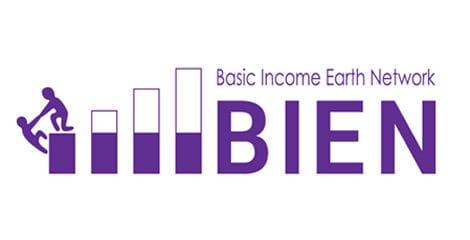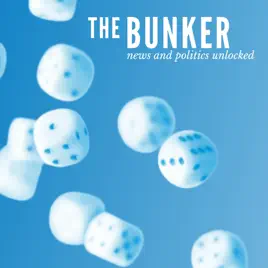 Peter Knight writes on the Basic Income Earth Network (BIEN) website:
Peter Knight writes on the Basic Income Earth Network (BIEN) website:
The Universal Basic Income (UBI) pilot plan is one of the projects that the Catalan Government will carry out during this term of office that ends in February 2025.
In the Catalan pilot plan, some 5,000 people will receive the UBI: 2,500 will be randomly selected from all households in Catalonia and the remaining 2,500 will correspond to the population of two municipalities.
During the two years of the pilot, participants will receive a monthly payment of €800 per adult and €300 per child under 18 years of age. Individuals with the 10% highest incomes will be excluded from participating in the pilot, as well as people who have paid the patrimony tax (real estate of more than 500.000 euros). This is because the economic simulations of what an hypothetical basic income policy in Catalonia would look like, stated that the balance between the taxes and the amount of money of the UBI would be negative for the 10-15% highest incomes – they wouldn’t have a net gain with the UBI. That’s why the design excludes them from the pilot. Also excluded are people who have had to pay the patrimony tax so as not to include people without labour income (who would be eligible) but have enormous wealth in properties (living off investments, rents, etc.).
All persons who, once the random selection by addresses and municipalities has been carried out and their selection has been communicated by mail, formalize their willingness to participate by means of the web form, will be considered as participants in the pilot plan.
Filed under: Distribution by lot, Elections, Experiments | Leave a comment »





 Random selection is not generally an approach that most people opt for in the selection of doctors or even restaurants or a movie. However, it appears to be the new model for some in higher education. Former Barnard College mathematics professor Cathy O’Neil has written
Random selection is not generally an approach that most people opt for in the selection of doctors or even restaurants or a movie. However, it appears to be the new model for some in higher education. Former Barnard College mathematics professor Cathy O’Neil has written